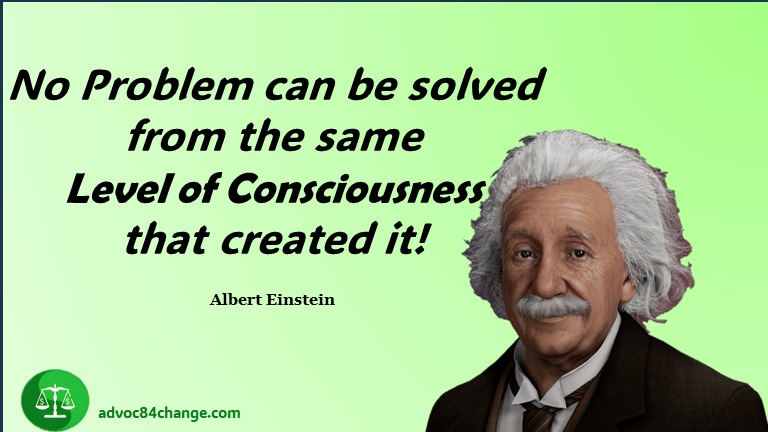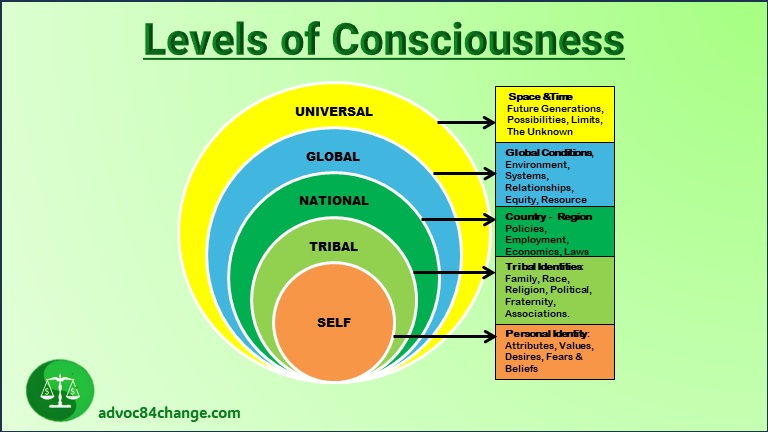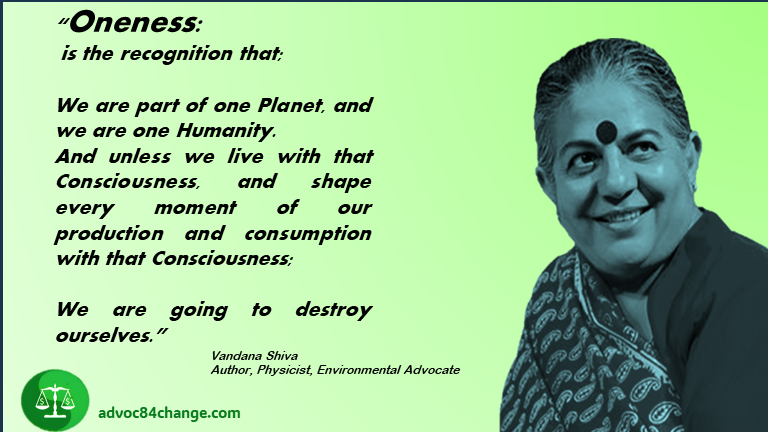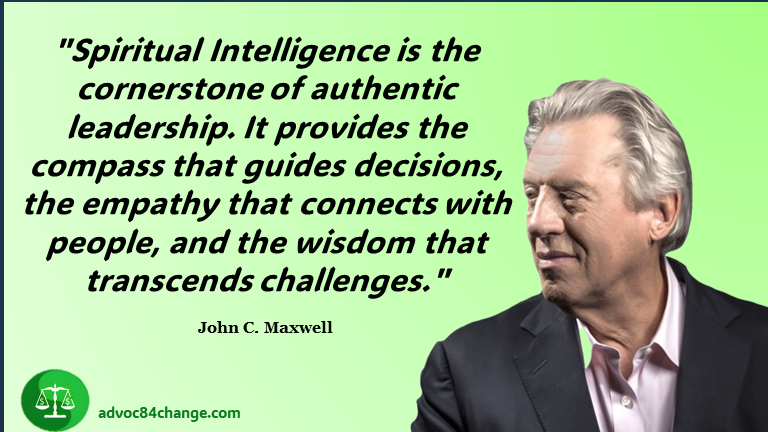Elevating Leadership Consciousness:
A Path to Collective Enlightenment

In our quest for a more harmonious and sustainable world, Albert Einstein’s timeless wisdom serves as a guiding beacon: “We cannot solve the problems we face from the same level of consciousness that we created them.” This profound insight underscores the critical importance of elevating our collective consciousness to effectively address the myriad challenges confronting humanity.
At the heart of this endeavor lies the recognition that effective leadership requires a corresponding level of consciousness commensurate with one’s sphere of influence and responsibility. Just as different levels of social interaction demand varying degrees of awareness and understanding, so too do different leadership roles necessitate corresponding levels of consciousness.
The Level of Consciousness model provides a framework for understanding and cultivating consciousness across five distinct levels, each aligned with different spheres of social interaction:

Self: The journey of conscious leadership begins with self-awareness. At this foundational level, individuals delve into the depths of their own being, cultivating a profound understanding of their strengths, weaknesses, values, and aspirations. It is a realm of introspection and reflection, where the recognition of one’s interconnectedness with all life forms the bedrock of conscious evolution.
Tribe/Community: Building upon the foundation of self-awareness, conscious leaders extend their focus to encompass their immediate community or tribe. Here, the emphasis shifts to the well-being of the collective, as leaders recognize that the flourishing of the community is intimately linked to the well-being of each individual within it.

National: As leaders ascend to the national level, their perspective broadens to encompass the larger context of their nation. They recognize their role as global citizens and embrace a sense of shared responsibility and collective action in shaping the destiny of their country and the world.
Global: At the global level, conscious leaders transcend national boundaries and embrace a planetary perspective. They understand that their actions and decisions possess the potential to impact the collective destiny of humanity, and they strive to foster cooperation and collaboration on a global scale.
Universal: At the pinnacle of consciousness lies the universal level, where leaders recognize their integral role in the grand tapestry of existence. Here, they acknowledge their connection beyond space and time, embracing a profound sense of unity with all of creation
The journey of elevating leadership consciousness is a deeply personal and transformative one. It requires a commitment to self-awareness, growth, and continuous learning. It is a journey of expanding our ability to understand and care, of fully embracing our role and responsibility as stewards of the collective welfare.
In our current socio-economic systems, however, we are often conditioned to operate from a limited perspective, where self-interest and tribalism take precedence over empathy and cooperation. This narrow focus inhibits our ability to understand and address issues beyond our immediate sphere of influence, perpetuating divisiveness and self-destructive behavior.

Spiritual Intelligence (SQ) emerges as a crucial academic discipline for addressing consciousness and moral development. Yet, our current education and leadership training models often neglect or marginalize SQ, focusing instead on technical skills and superficial metrics of success.
To truly embrace sustainability and foster positive change, organizations must prioritize the elevation of leadership consciousness. This entails cultivating self-awareness, empathy, and a deep sense of responsibility among leaders at all levels. It requires creating environments that nurture growth and encourage ethical decision-making, where leaders are empowered to lead with integrity and compassion.
In conclusion, the necessity of elevating leadership consciousness cannot be overstated. As Albert Einstein astutely observed, we cannot hope to solve the challenges we face using the same level of consciousness that created them. It is only by transcending our limitations, expanding our understanding, and embracing our interconnectedness that we can hope to create a more just, equitable, and sustainable world for future generations.
Tony Redman
